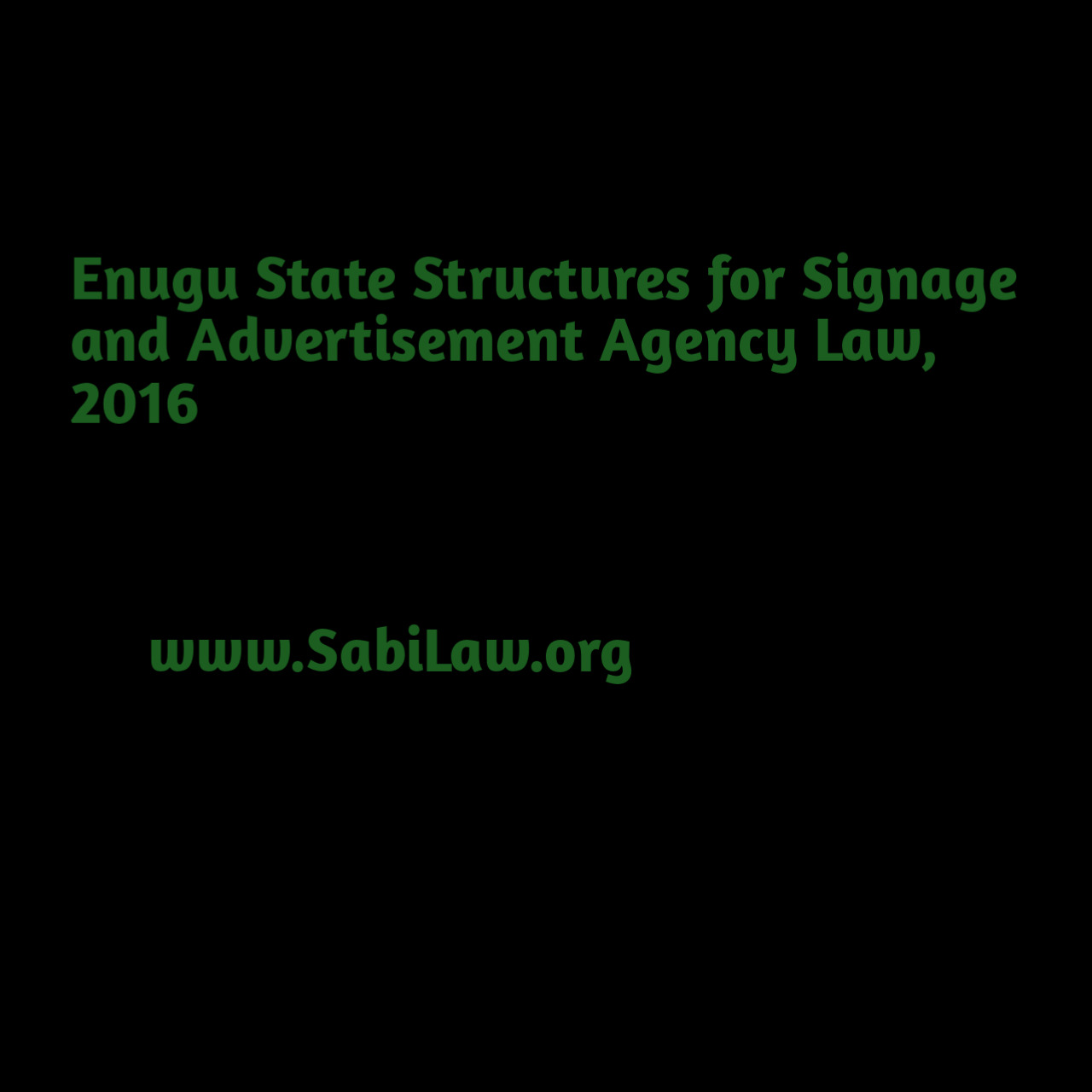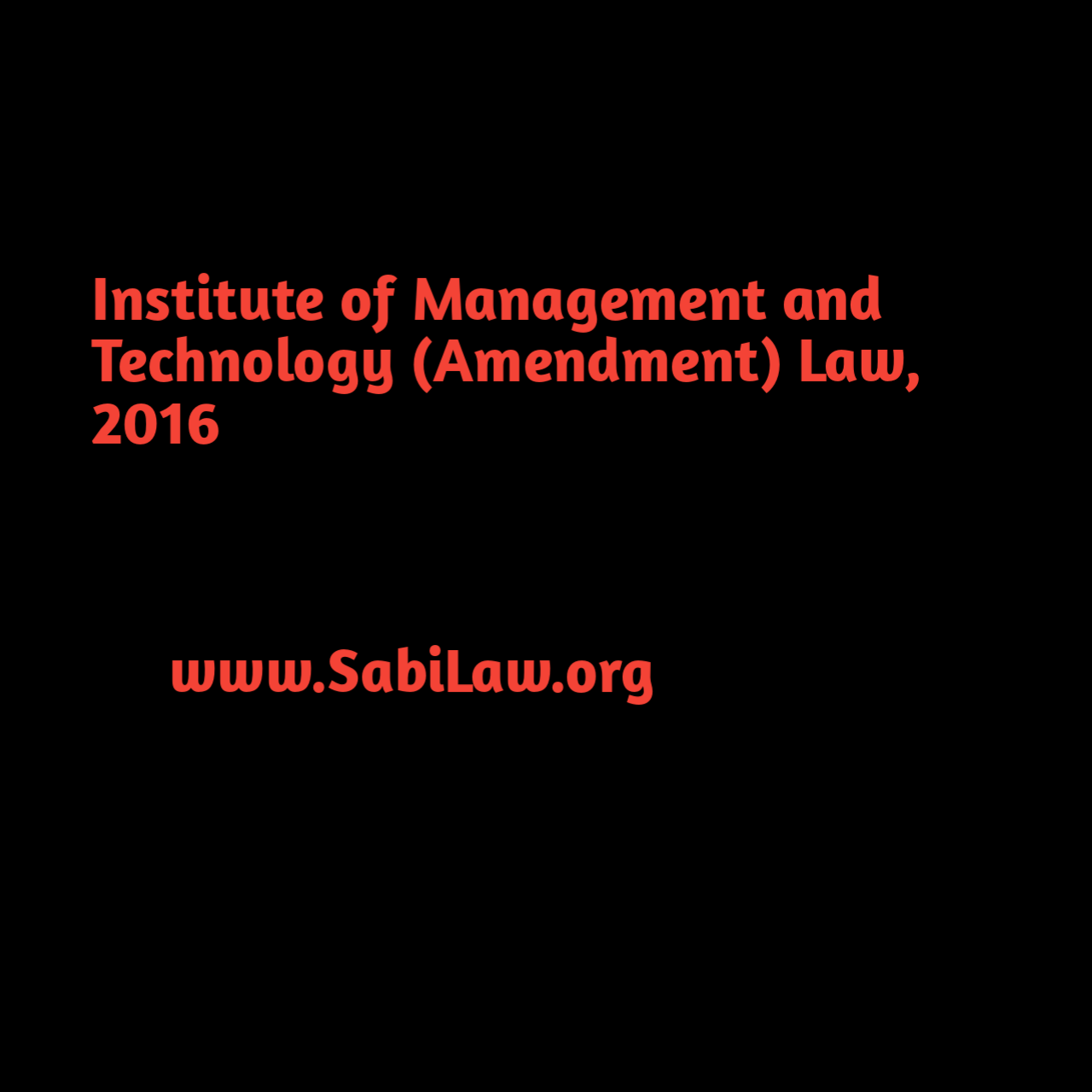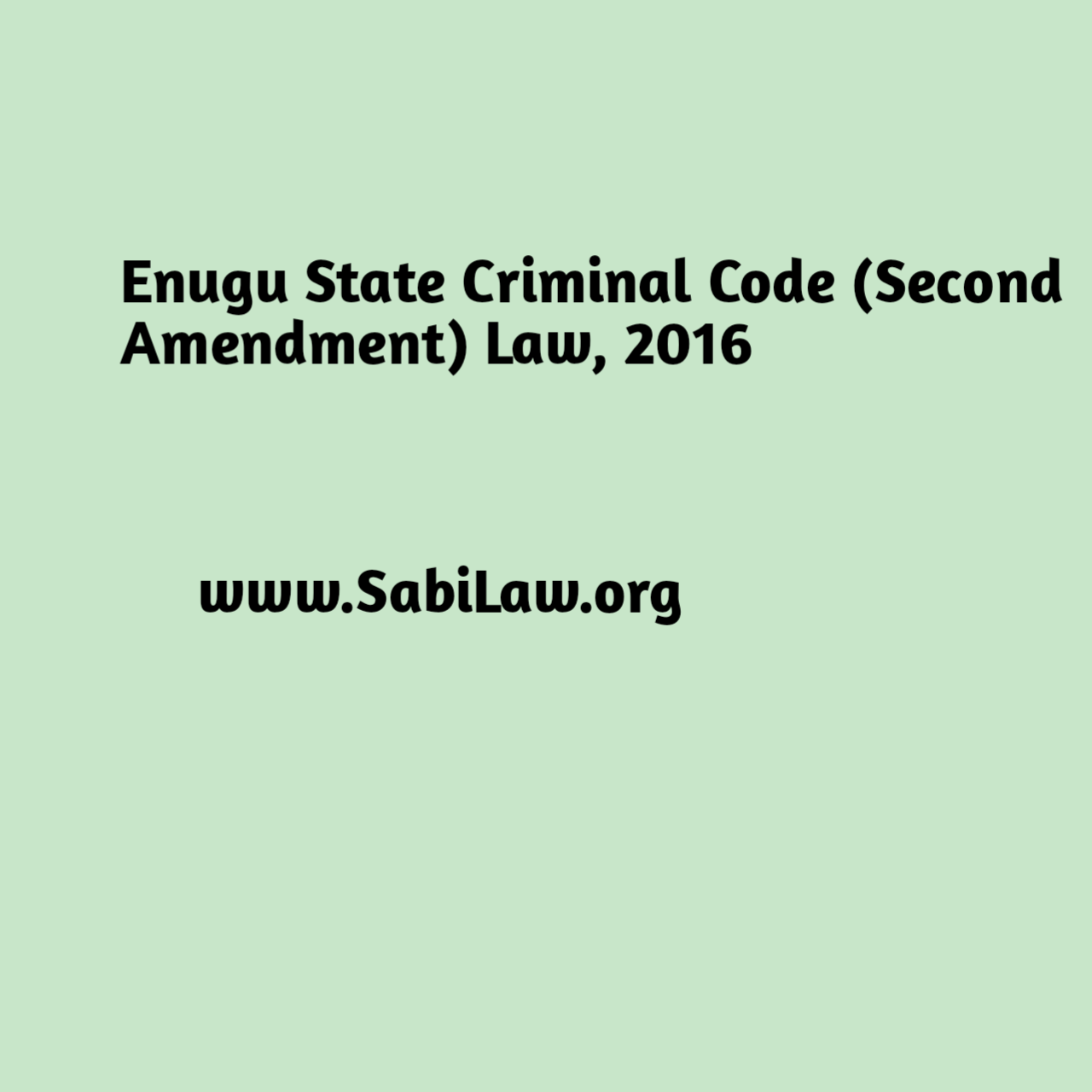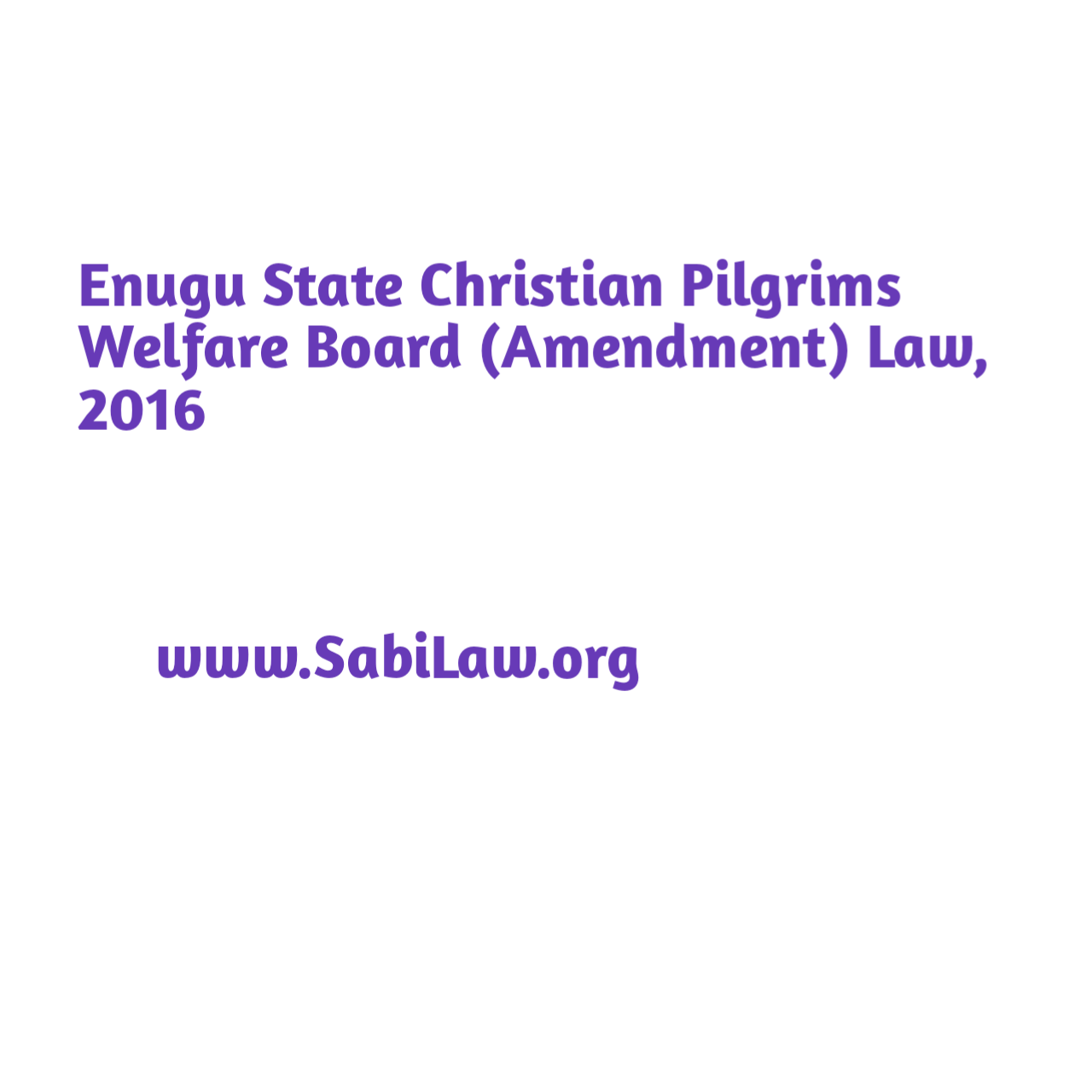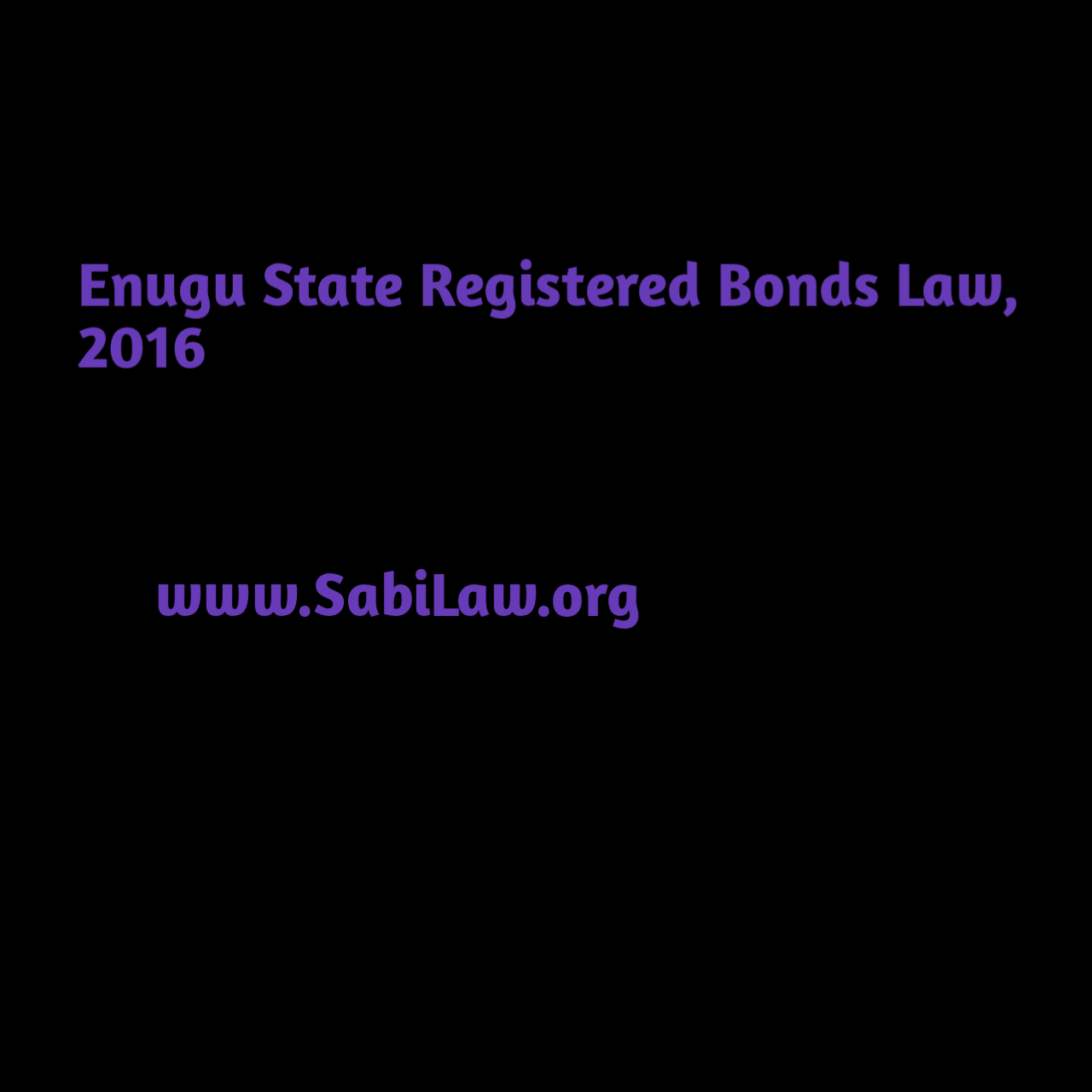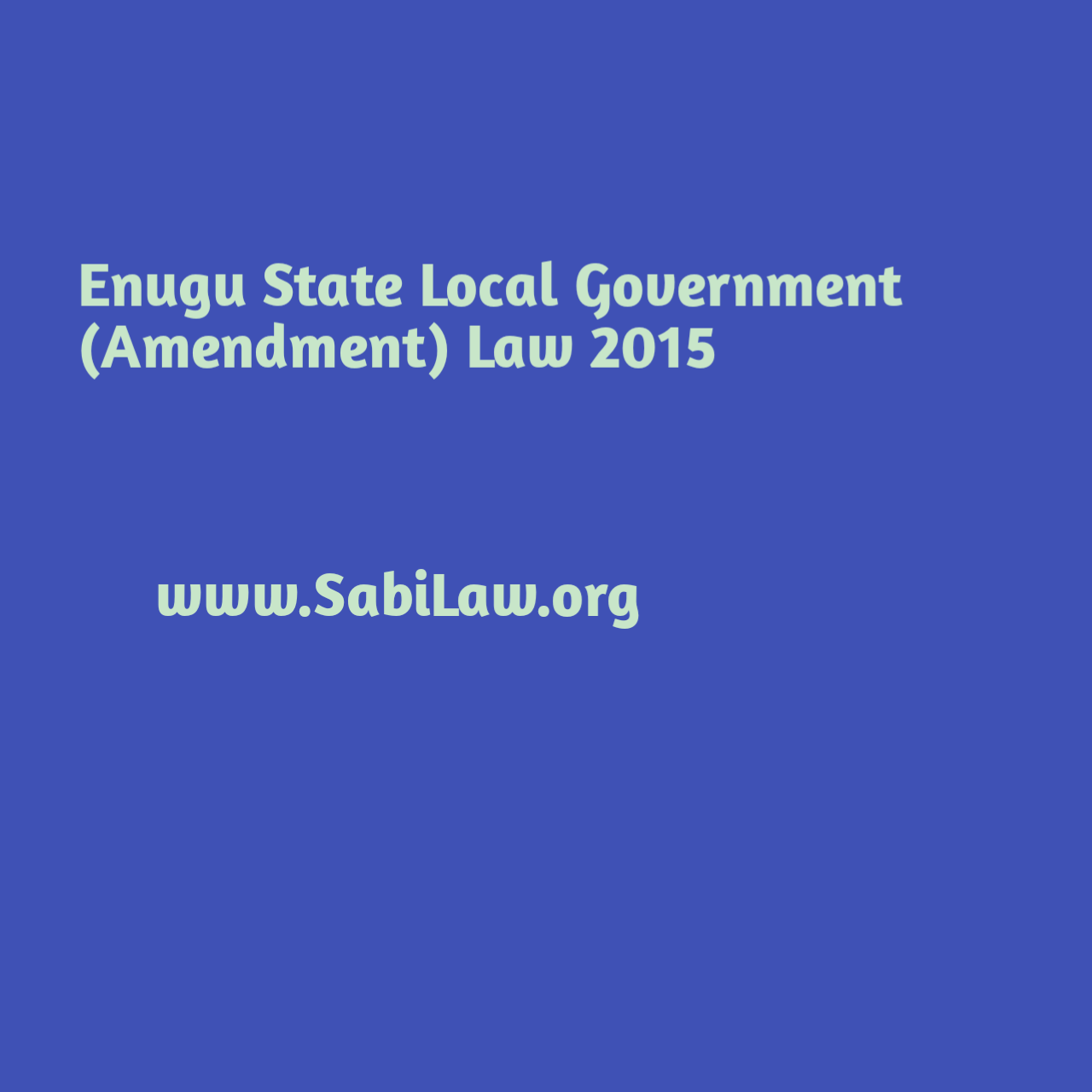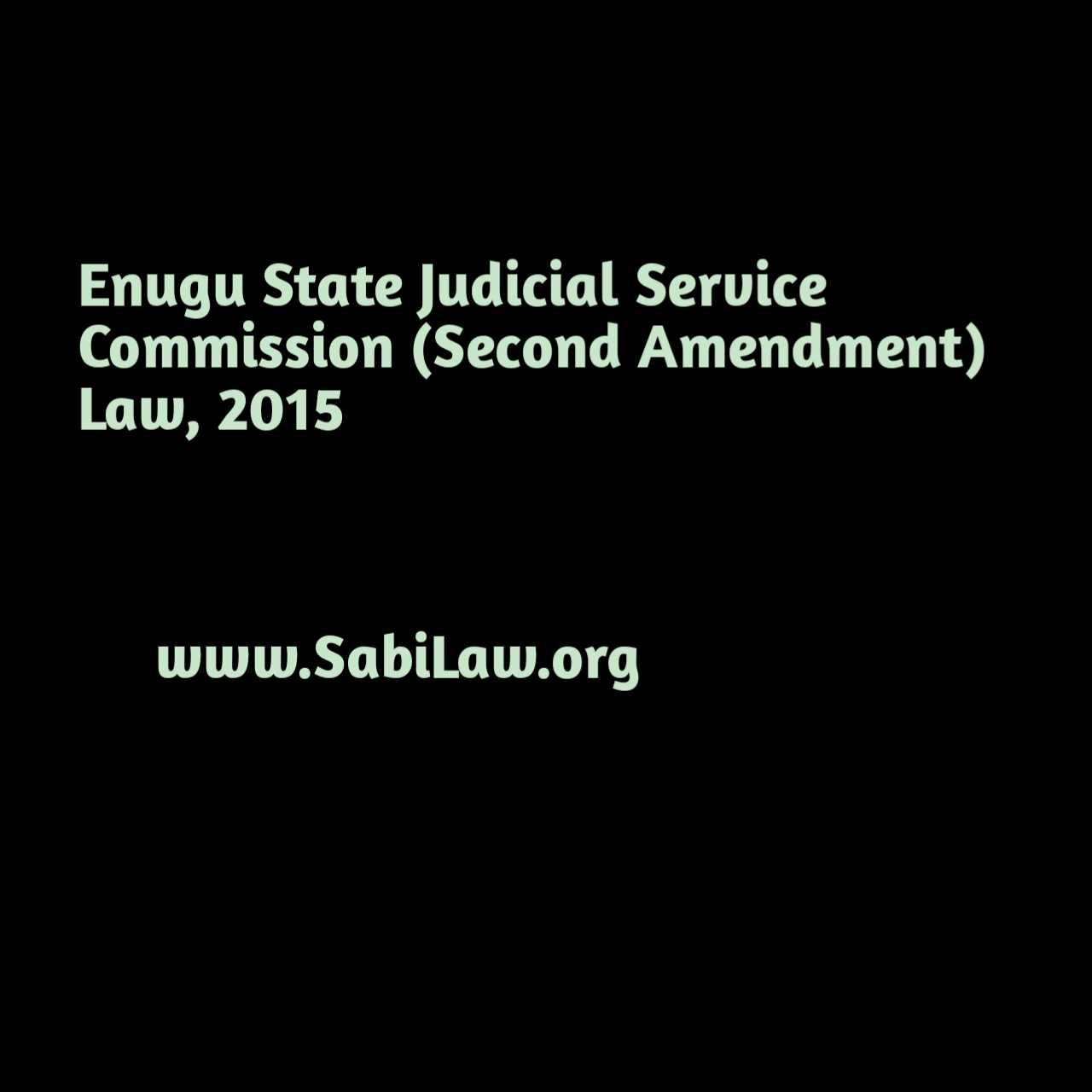The Rejection Of Candidates’ Names By Inec As Submitted By Political Parties Is Ultra Vires The Powers Of The Commission, Unconstutional, Illegal, Null And Void.
By Manfred Ekpe, Esq.
Offering an explanation in an interview on Channels Television on 25/6/2022, the Independent National Electoral Commissioner (INEC) spokesperson, Festus Okoye said the Commission do not publish the names of candidates submitted by political parties if there are questions over the validity of the primaries that nominated such candidates. INEC shall hereinafter be so termed interchangeably with the term THE COMMISSION. This position of the Commission’s spokesman is a sharp departure from INEC’s earlier position.
The Commission’s earlier position was that it has no power to reject names of candidates once submitted to the Commission and that aggrieved aspirant’s only remedy is to obtain the Certified True Copy of the Commission’s Report on the primary in question and approach the Federal High Court for judicial review of the Commission’s honour of the candidates list published by the Commission. And that the Commission’s only mandate is to obey any court order in that regard. This earlier position of the Commission is informed by the provision of the electoral law that the Commission has no business with the internal politics of political parties. Only the court of law has power to review whether intra political party elections such as primaries had met legal requirement. The earlier position of the commission seems to be the true position of the law on the matter.
It is my firm opinion that by rejecting the names of candidates forwarded to the Commission by political parties, the Commission has imported into the Electoral Act 2022, and the 1999 Constitution of Nigeria (as altered in 2011) (which constitution shall hereinafter be referred to as THE CFRN or THE CONSTITUTION), extraneous provisions not contemplated therein, and by so doing, acted ultra vires or beyond its powers, and such administrative decision would be null and void.
Though the law is not a formula of mathematical precision or scientific certainty, but I strongly belief the court of law shall override the commission’s self imposed arbitrary power to reject candidates names as submitted by political parties.
My reason for holding and advancing this personal legal opinion are as hereunder traversed:
Section 84(13) of the Electoral Act relied upon by the Commission to reject some candidates’ names, says thus—
(13) “Where a political party fails to comply with the provisions of this Act in the conduct of its primaries, its candidate for election shall not be included in the election for the particular position in issue.”
The question to ask from the above statutory provision is— who has the power to exclude a candidate not validly nominated from general election? THE ANSWER IS THAT INEC DOES because of its constitutional duty to conduct general elections. The next question is; who has the power to determine a candidate who was not validly nominated? The answer is that ONLY THE FEDERAL HIGH COURT DOES under section 84(14) of the Electoral Act. It would then follow that only the Federal high court has power to direct INEC to exclude the name of a candidate adjudged after judicial inquiry, and found not to have been validly nominated. This reasoning seems to tell why the new electoral law insists that all pre-election cases must be concluded before general election.
The following laws are in support of my reasoning; and I shall argue them out in simple language void of legal semantics as much as reasonably practicable for our nonlawyer friends to consume with understanding.
While section 84(13) of the Electoral Act supra (as cited above), says that a candidate not validly nominated shall not be allowed to stand the general election, section 84(14) expressly put it within the province of the Federal High Court to determine whether or not a candidate was validity nominated.
The said section 84(14) says as follows —
“Notwithstanding the provisions of this Act or rules of a political party, an aspirant who complains that any of the provisions of this Act and the guidelines of a political party have not been complied with in the selection or nomination of a candidate of a political party for election, may apply to the Federal High Court for redress.”
The provision of section 84(14) cited above, does not say that in an event of irregular nomination, the aggrieved aspirant shall apply to INEC for administrative review of the primary election process, but that the application must be made exclusively to the federal high court. This means that the decision to determine who was validly nominated or not, is completely outside the authority of INEC. Rejecting by the Commission of a candidate’s name forwarded to it by a political party, therefore, would amount to an ultra vires act and usurpation of the duty of the court.
Besides the clear wording of the Electoral Act in section 84, the language “Notwithstanding anything in this Act” as employed in section 84(14) thereof means that subsection (13) of section 84 relied upon by INEC to reject names of some candidates it deemed not validly nominated, and and every other provisions of the Electoral Act that has to do with validity of nomination of candidates, are subject to subsection (14) of section 84. Hence the language “notwithstanding anything in this Act” has removed the power to question validity of the nomination of a candidate of a political party from the jurisdiction of any other person or public authority including INEC, except the authority of the federal high court. INEC therefore, in my view, acted beyond its powers to have rejected names of candidates as submitted by political parties without court order to do so.
Moving forward, it is settled law that provisions of statute are not read in isolation, but together with every other provisions to determine and assign to them their true and intended meaning. See the case of CHIEF G.A.N OFODILE & ANOR V. C. A. ALIOZO ESQ. & ORS: (2021) LPELR-54159 (CA). But unfortunately, what Barr. Festus Okoye, spokesman of INEC did was to cite in isolation only sections 84(13) above, and 29(1) which says:
“Every political party shall not later than 180 days before the date appointed for a general election under this Act, submit to the Commission in the prescribed forms, the list of the candidates it proposes to support at the election, who must have emerged from VALID PRIMARIES CONDUCTED BY THE POLITICAL PARTIES.” (Emphasis, mine).
Learned Attorney Festus Okoye, Esq, in his interpretation of the words “VALID PRIMARIES in that section, concludes that INEC has power to publish names of only the candidates who emerged from a valid primary or who were validly nominated, and by implication, that INEC has the power to reject names of candidates it considers not having been validly nominated. Counsel did not address his mind to the combined effect of the provisions in sections 84(14), 29(3), 32(1), and 32 (3) of the Electoral Act 2022 which clearly expresses that only a competent court of law can determine whether a candidate was validly nominated or not.
Inasmuch as the Act does not expressly vest on the Commission power to reject the list of candidates submitted by political parties, the power to do so can only be constructed by implication of the wordings of the Act itself and other laws in pari materia, which said provisions must be properly constructed holistically, not relying on one, two or a few provisions to arrive at a meaning desired by a person. See the case of CHIEF G.A.N OFODILE & ANOR V. C. A. ALIOZO supra.
I had earlier cited and trashed the import of section 84(14) which expressly vests power on the Federal High Court to question the legality or not of party primaries. Now let me traverse sections 29(3) and 32(1) and (3) of the Electoral Act and section 78 of the CFRN in demonstration of the bereavement of INEC of any scintilla of powers to determine who was validly nominated by a political party and consequential power to reject the names of candidates submitted to it by a political party.
Section 29(3) clearly says that —
“The Commission SHALL, within 7 days of receipt of personal particulars of candidate, publish same in the constituency in which the candidate intends to contest election. (emphasis, mine).
The clear import of the above subsection (3) of section 29 is that the names of candidates and their particulars submitted to the Commission under subsection (1) of the same section MUST BE PUBLISHED BY INEC AS SUBMITTED. INEC has no option but to publish the names of candidates and their particulars as submitted to it by political parties. There is nothing to show, by the language used in section 29(3) of the Electoral Act to suggest that INEC is inured with the power to withhold or refuse to publish the name of a candidate they consider not validly nominated. Whenever the word SHALL is used in written law, it means that the provision is compulsory, is a Must, it is mandatory to be complied with, and that nobody has the authority to deviate from, or choose whether to comply with it or not. See the case of NYAVO V ZADING (2016) NGCA 10. I therefore submitted with force that the word “SHALL” as used in section 29(3) of Electoral Act deprives INEC of power to reject publication of a candidate’s name with his credentials as submitted by a political party. It is my averment that once such name is published any person who has issues with the publication can then take out a lawsuit in the federal high court.
ANALYSIS OF SECTION 32 OF THE ELECTORAL ACT
Section 32(1) of the Act is clear —
“The Commission SHALL, at least 150 days before the day of election, publish by displaying at the relevant office or offices of the Commission, and on the Commission’s website, a statement of the full names and addresses of candidates standing nominated.”
Note must be taken that the provision says “candidates standing nominated” which means as recognized by the political party who nominated them, not as determined by INEC. This is because INEC has not power to decide on the internal politics of political parties and can therefore not pass any verdict on it, except to monitor the primaries and make a report which may be relied upon by aggrieved parties in the federal high court to determine whether or not the primary was properly constructed.
Section 32(2) provides that—
“Any political party that observes that the name of its candidate is missing in the list published in accordance with subsection (1), shall notify the Commission in writing signed by its national chairman and secretary supported by an affidavit not latter than 90 days to the election.”
Now I must say that the provision of subsection (2) above is rather vague because it does not define what should be the content of the supporting affidavit, or what INEC is obliged to do after receiving the complaint. However, it is a rudimentary principle of statutory construction simpliciter that where the provision of statute is vague or ambiguous, the side-note to that provision may be called in as an intrinsic aid to interpret such provision.
Therefore, the intention of Parliament in making that provision can be inferred from the side-note of section 32, which reads “PUBLICATION OF NOMINATION.”
Flowing from the above, therefore, I venture to say that the supporting affidavit referred to in that section is AN AFFIDAVIT OF FACT stating that the political party concerned had sent the name of its nominated candidate to the Commission on a certain date and that the name of the candidate is missing on the published list.
The necessary, and what appears to be the mandatory obligation of INEC to the complaint Supported by an Affidavit of Fact is to withdraw the defective list and correct it by listing the name of the missing candidate and publishing it again on the strength of the facts stated in the affidavit which are, in law, deemed to be prima facie, the truth since it is made on oath with the consequence of perjury should it turn out to be that the candidate was not validly nominated.
The mere fact that the Electoral Act does not mandate any other person including a contending aspirant to counter such complaint, and does not provide for panel hearing between parties with INEC as the umpire, all stand to affirm the reasoning that the import of subsection (3) of section 32 is that the name of a candidate “inadvertently” not published, upon petition with supporting affidavit, that the person is the nominated candidate of the party, is bound to be published on the strength of the Affidavit. If what else is the reason for the lawmakers to have said that the facts in the petition must be verified on oath? This reasoning also seems to rubbish the Commission’s purported administrative power of decision to exclude a candidate from standing election without fair hearing, as this would go against the fundamental human rights principle of Audi Alterem Partem as guaranteed under section 36 of the Nigerian Constitution and is a non derogable fundamental rights protected under international law.
It is now trite law in Nigeria that any administrative decision reached without adherence to the principle of fair hearing is null and void ab initio. See the cases of LEGAL PRACTITIONERS DISCIPLINARY COMMITTEE V. GANI FAWEHINMI (1985)2 NWLR (PART 7) 300 AT 4; and GARBA V. UNIVERSITY OF MAIDUGURI (1986) ALL NLR 149.
Standing on the strength of this position of the law, it is my view that assuming without conceding that the Electoral Act allowed INEC to exercise subjective powers of administrative decision against any citizen of Nigeria by disqualifying them from standing election without fair hearing arising from the contentious intra party disagreement surrounding their nomination, which is the reason advanced by the Commission’s spokesman for rejecting some candidates, without hearing first from them on those allegations, such statutory provision would be impugned, null and void and of no legal consequence whatsoever, and would be entitled to be struck down and deleted from the Electoral Act by the courts.
The necessary interpretation of section 32(2) as advanced herein above, is implied, and predicted on (a) side-note of that section which clearly DEDICATES the section to PUBLICATION OF NOMINATION (b) the clear COMMAND issued to the Commission under subsection (1) of that section that the Commission SHALL publish the list of nominated candidates as furnished it by political parties. There is no law to the contrary to the effect that nomination lists sent to the Commission by political parties are subject to review or scrutiny by the Commission, or that the Commission reserves the right to honour or reject complaints supported by an affidavit made by a political party. Had INEC been given power to reject such complaint, there would be no to support the facts stated in the complaint with an Affidavit. There would also be provision for panel hearing for aggrieved aspirants to impugn the facts stated in the Affidavit which will then give the Commission the vires to decide whether or not to honour the complaint.
SECTION 78 OF THE NIGERIAN CONSTITUTION ETC
Section 78 of the Nigerian Constitution 1999 confers express power on INEC to conduct general elections. Paragraph 15 subparagraph (a) of the THIRD SCHEDULE to the Constitution spells out that INEC shall conduct elections into therein named political offices in Nigeria; namely, offices of president, governor, Members of National Assembly and State Houses of Assembly. This follows that INEC has authority to decide whether any candidate who stood for general election was duly elected or not..
However, the constitution clearly excludes the power of INEC to take such electoral /administrative decision on political party primaries which is a form of election. Applying the Exclusio Alterius rule of constitutional interpretation, by expressly mentioning inter-party elections (general elections) and excluding intra-party elections (primaries), the framers of the constitution were clearly not interested in mandatorily subjecting party primaries to INEC’s administrative decision, notwithstanding the fact that subparagraph (c) of the same paragraph 15 of the THIRD SCHEDULE invests INEC with powers to monitor the organization and operation of political parties; That is to say, how political parties administration are being managed. Had the framers of the constitution wished that, like the internal management of political parties, primary elections which are also internal party affairs, should also be subject to INEC control and decision, they would expressly provide for it.
However, Subparagraph (i) of paragraph 15 if the THIRD SCHEDULE empowers the National Assembly to make enabling law to define the extent of INEC’s powers to monitor political parties. That Act of the National Assembly envisaged by the Constitution is the Electoral Act, which has deprived INEC the power to take decisions on intra-party elections or primaries. INEC can therefore not arrogate to itself the power that neither the constitution nor the Electoral Act donated to it.
Standing on the strength of the above dissection of the law, I therefore submit very strongly but with profound humility to other legal arguments to the contrary, that INEC seems to be completely bereaved of powers and authority to take a decision on the outcome of political parties primaries. And consequently, for the Commission to have failed, refused and neglected to publish the names of candidates as submitted to it by political parties, is an error in law. Citing only subsection (1) without looking at subsection (3) of section 29 and section 32(1) and (3) of the Electoral Act by the INEC spokesman, seems to have been a grave error, and the conclusion arrived thereby, and acted upon by the Commission was an error in law which I think it will correct.
CONCLUSION
While sections 29(1) and 84(13) imports that only validly nominated candidates must stand general election, sections 31(3), 32(1) and (3) and 84(14) imports that only the federal high court shall have power to determine who is a validly nominated candidate. The implication of this is that INEC can only act on court order to exclude a candidate deemed not validly nominated from standing general election. Section 78 of the Nigerian Constitution clearly excludes INEC from taking any decision on a political party’s internal elections (primaries).
INEC’s only duty in relationship to primaries is to obey court order on who was the validly nominated candidate. INEC’s report on its monitor of political parties primaries is subject to acceptance or rejection by the court. Hence the declaration by the Commission’s Resident Electoral Commissioner for Akwa Ibom State, Mr. Mike Igini, that his report on the Akwa Ibom State APC primaries is final and unchallenged, with respect, has no place in or liberal democracy and the law. Even general election results as certified and declared by INEC are challenged talk less of report on party primaries.
****************************************************************************************
This work is published under the free legal awareness project of Sabi Law Foundation (www.SabiLaw.org) funded by the law firm of Bezaleel Chambers International (www.BezaleelChambers.com). The writer was not paid or charged any publishing fee. You too can support the legal awareness projects and programs of Sabi Law Foundation by donating to us. Donate here and get our unique appreciation certificate or memento.
DISCLAIMER:
This publication is not a piece of legal advice. The opinion expressed in this publication is that of the author(s) and not necessarily the opinion of our organisation, staff and partners.
PROJECTS:
🛒 Take short courses, get samples/precedents and learn your rights at www.SabiLaw.org
🎯 Publish your legal articles for FREE by sending to: eve@sabilaw.org
🎁 Receive our free Daily Law Tips & other publications via our website and social media accounts or join our free whatsapp group: Daily Law Tips Group 6
KEEP IN TOUCH:
Get updates on all the free legal awareness projects of Sabi Law (#SabiLaw) and its partners, via:
YouTube: SabiLaw
Twitter: @Sabi_Law
Facebook page: SabiLaw
Instagram: @SabiLaw.org_
WhatsApp Group: Free Daily Law Tips Group 6
Telegram Group: Free Daily Law Tips Group
Facebook group: SabiLaw
Email: lisa@sabilaw.org
Website: www.SabiLaw.org
ABOUT US & OUR PARTNERS:
This publication is the initiative of the Sabi Law Foundation (www.SabiLaw.org) funded by the law firm of Bezaleel Chambers International (www.BezaleelChambers.com). Sabi Law Foundation is a Not-For-Profit and Non-Governmental Legal Awareness Organization based in Nigeria. It is the first of its kind and has been promoting free legal awareness since 2010.
DONATION & SPONSORSHIP:
As a registered not-for-profit and non-governmental organisation, Sabi Law Foundation relies on donations and sponsorships to promote free legal awareness across Nigeria and the world. With a vast followership across the globe, your donations will assist us to increase legal awareness, improve access to justice, reduce common legal disputes and crimes in Nigeria. Make your donations to us here or contact us for sponsorship and partnership, via: lisa@SabiLaw.org or +234 903 913 1200.
*********************************************************************************












































